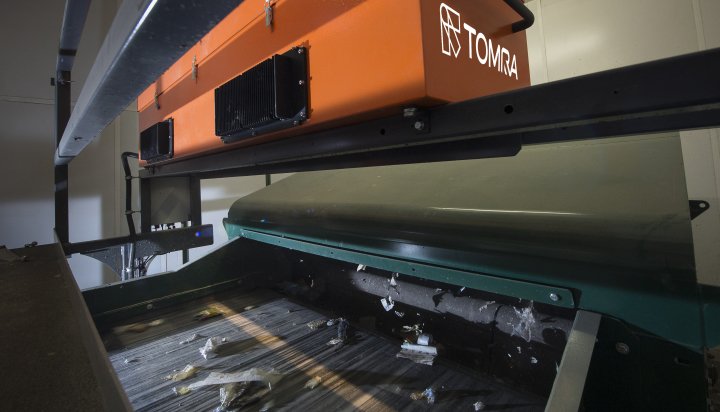Unilever has come up with a black plastic bottle pigment that means the hard-to-recycle containers can now be detected and sorted by recycling plant scanners.
The consumer goods giant says this means that an additional 2,500 tonnes of plastic bottles could now potentially be sent for recycling each year – this is equivalent to the combined weight of around 200 buses.
The new pigment will be introduced this year across the TRESemmé and Lynx brands, which will see a minimum of 30% recycled material included back into new packaging.
The problem with recycling most black plastic is that it absorbs the infrared light used by optical waste scanning machines, meaning these materials go undetected and often end up in landfill.
The new pigment means this can be avoided with only minor adjustments needed on existing scanners, enabling black bottles to be sorted and sent for recycling.
Unilever says trials with waste management partners Veolia, SUEZ, Viridor and TOMRA have been successful and notes it plans to share the technology with the rest of the industry.
Sebastian Munden, General Manager of Unilever UK and Ireland, said: “Unilever has committed to ensuring that, globally, all of our plastic packaging is fully reusable, recyclable or compostable by 2025 and to using more recycled plastic content in our packaging.
“For the UK & Ireland we want to significantly accelerate this and we’re proud our innovation will help us towards achieving our aim, as well as making a significant contribution towards the UK Plastics Pact targets.”





